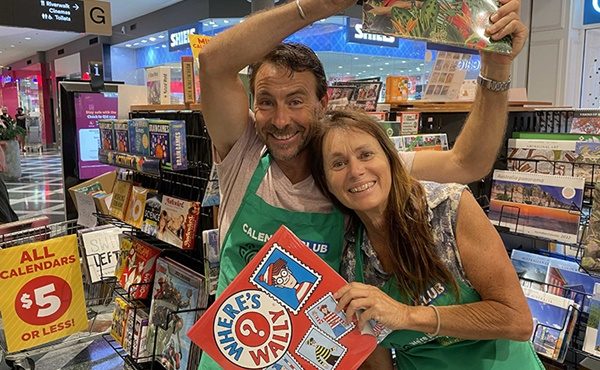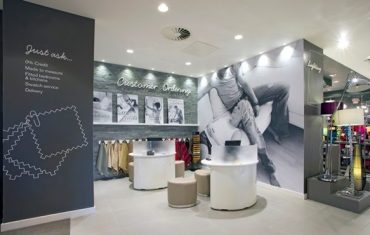Everyone dreams of scaling their business beyond just one location. For most business operators it presents not only a leap and a decent learning curve to go from one business location to multiple locations, but it often comes with a plethora of curveballs and pitfalls.
From the outside or the concept, it can look easy to scale a business that way, however, there are a lot of hoops to jump let alone having operational systems in place and procedures, support, training, marketing as well as quality and customer service assurance sorted out.
While franchising has long been a strong pathway for growth and replicating the success of one store, outlet or location—one just has to look at the likes of McDonald, Jim’s Mowing or Boost Juice—to know that it can work a breeze, yet, it is not always the best way.
Licensing means that ownership remains with the original company or operator and with it greater control of the operations and staffing at subsequent sites. But of course, there are challenges that come with both, franchising and licensing.
For Paul Breen, founder of Calendar Club, Australia’s largest calendar retailer who spearheaded pop-up retail before it was even a thing, licensing was the obvious choice to take.
“We are a seasonal retailer, which brings its own benefits and challenges with it, but offering our meanwhile 120+ stores across Australia and New Zealand to licensees rather than run them with casual staff was really a no-brainer decision and one of the best ones we have made in order to scale,” Breen says.
From its humble beginning in 1995, Calendar Club has grown to spread across all major cities and regional centres in Australia and has jumped across the Tasman to our neighbouring New Zealand, but weathered the storms and challenges of a GFC and two Covid seasons better than most.
For licensee of the Sunshine Plaza store, Erik Bigalk, it was a really positive experience. “I loved the whole process, the amazing support provided and sales and customer service were so easy too. And, it was profitable beyond my expectation.”
Breen saw that having licensees essentially step into the role of running their own business without having to manage supply, re-ordering, shelving, point of sale tech, skills training and marketing, made for an attractive opportunity, which traditionally people from all walks of life have taken up.
“We have licensees from young couples to families with teens who did it as a family teaching their children business skills in the process—from retired people doing it to fund extra travels to people in between jobs or wanting to start their own retail business and this being a great way to test the waters,” he says.
The Calendar Club stores usually run for five to seven weeks depending on location, are located within major shopping centres and run from late November through to the start of January, covering the pre- and post-Christmas shopping and spike in foot traffic.
“We had a really good journey,” adds Bigalk. “After the initial learning curve which took only a few days, we were able to upsell and really know the many different calendar products. People love calendars even in the digital age, people of all ages and walks of life too.
“We managed to sell well above budget and came in as the top store in Qld and forth around the country. Not bad for a first timer. And, of course, I am doing it again this year.”
Every year Calendar Club recruits new licensees to run their own store with locations currently available in Sydney, Melbourne, Perth and Brisbane and only a few locations remaining over in New Zealand.







